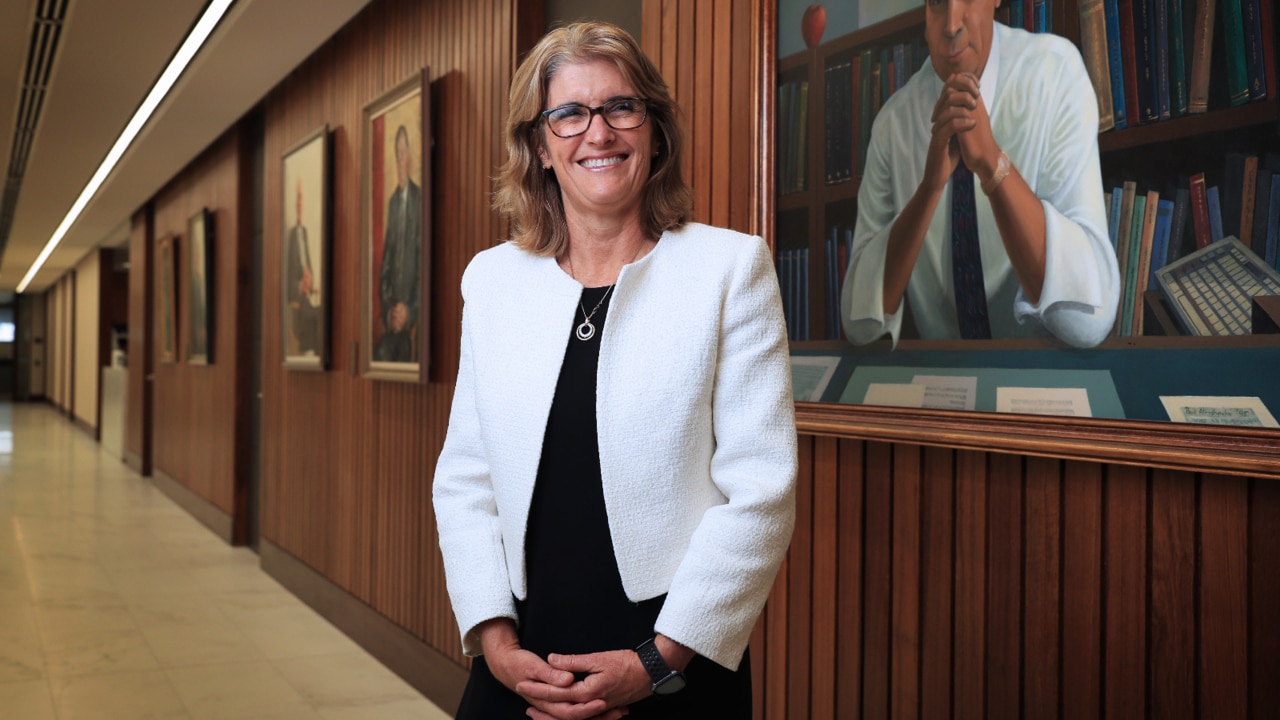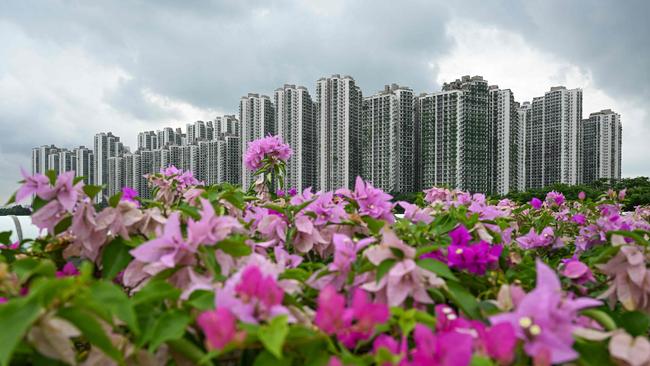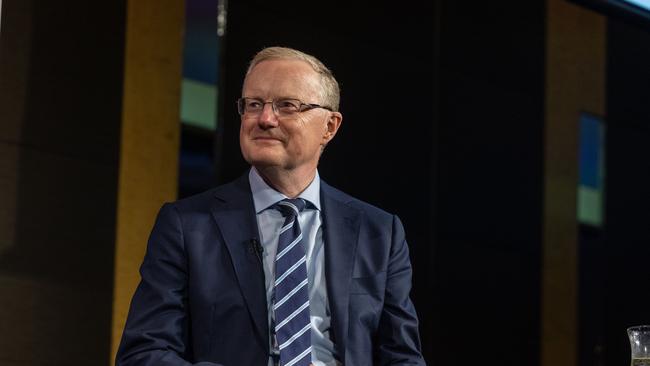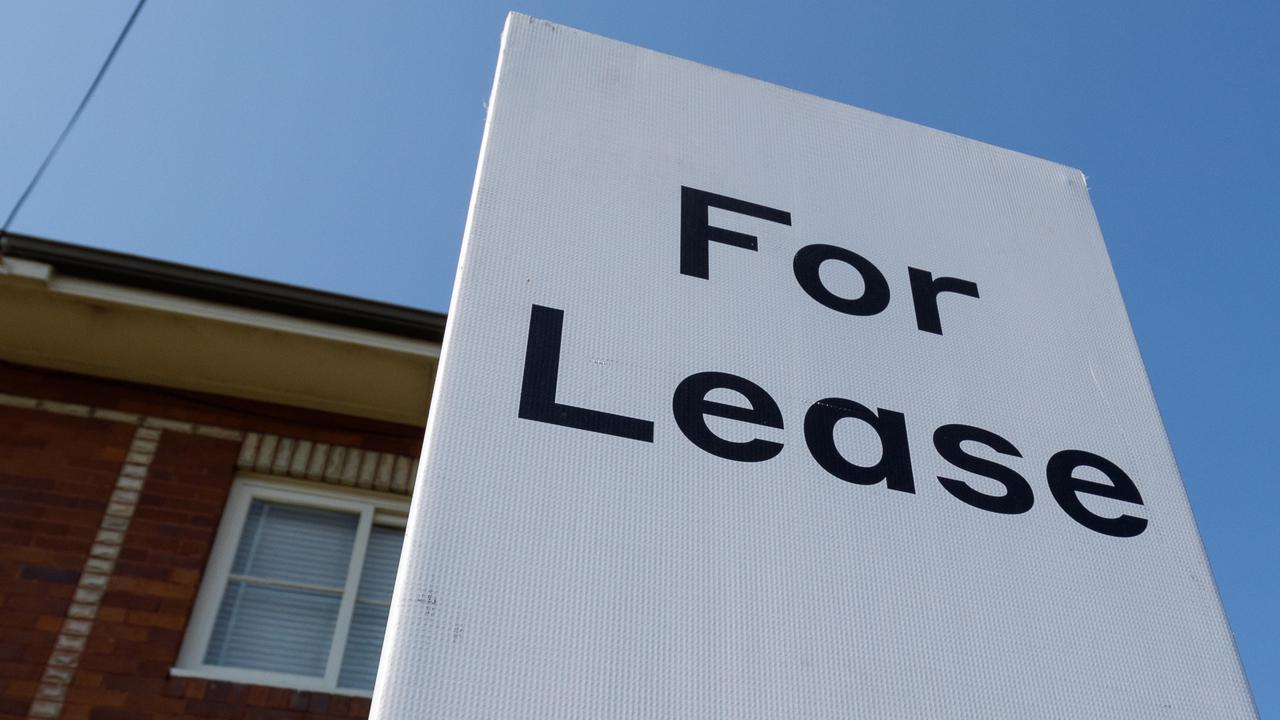RBA warns on Chinese economic contagion, soaring petrol prices
A spillover from China’s weak economy and surging petrol prices pose significant challenge to taming inflation, the RBA has cautioned.

Interest Rates
Don't miss out on the headlines from Interest Rates. Followed categories will be added to My News.
Economic contagion from China and soaring petrol prices pose significant risks to the Australian economy, the Reserve Bank has warned.
Released on Tuesday, the minutes of the RBA board’s most recent meeting – at which it held the cash rate on hold at 4.1 per cent for the third consecutive month – show that returning inflation to target could be “uneven”.
The board notes that the recent rise in petrol prices, which have surged above $2 per litre in eastern states, clearly demonstrates that easing price pressures will not be uniform.
The meeting minutes also show a deepening concern over risks in China’s embattled property sector and broader economic slowdown, which has emerged as one of most significant threats to global financial stability.

“A sharper slowing in China was a risk to the global outlook,” the minutes read.
The world’s second largest economy has struggled to rebound following years of pandemic-era measures which were only lifted at the start of 2023, as wobbles in the property sector, weak consumer demand and collapsing trade weighed heavily on confidence.
The country’s largest private developer faces yet another liquidity test in coming days after having twice dodged default earlier in September.
But following the September 5 meeting, new retail sales and manufacturing data released from China last week, shows economic activity in August was much stronger than anticipated after Beijing stepped up stimulus measures.
RBC Capital Market’s chief strategist Robert Thompson said the key concern from the minutes was the escalating apprehension regarding economic risks linked to China.
While Mr Thompson expects one further cash rate increase of 0.24 per cent, he said nothing in the statement suggested a hike was imminent.
“Since the board meeting, incoming data has included the full GDP report … and the August labour force report, which surprised to the upside in terms of overall strength but is unlikely on its own to change the RBA’s thinking.”
The RBA also weighed a 25 basis point hike to the cash rate before ultimately deciding to keep the cash rate steady, the meeting minutes showed.
Anaemic productivity growth and still-high services inflation were among the reasons cited for a potential 13th cash rate increase.
However, the central bank ultimately chose to keep rates on hold, citing the lagged impact of its aggressive round of interest rate increases were yet to have their full impact.
“The recent flow of data was consistent with inflation returning to target within a reasonable time frame while the cash rate remained at its present level,” the minutes read.
Inflationary pressures have abated significantly in recent months, falling from an annual rate of 7.8 per cent in December, to 4.9 per cent in July.

While price pressures have eased across many parts of the economy, costs for holiday travel, accommodation and fuel remain elevated, the minutes noted.
Typically, changes to interest rates take about 12 to 18 months to flow through the economy to fully impact households and businesses. Due to an increase in fixed-rate lending during the pandemic, the lagged impact of rate rises may be even slower in this tightening cycle.
Since May 2022, the central bank has increased the official cash rate by 400 basis points in a bid to curb persistent price pressures.
The September 5 board meeting was former governor Philip Lowe’s final as the head of the central bank.
Former deputy governor Michele Bullock, who replaced ex-governor Philip Lowe, commenced her tenure in the top job on Monday. She will chair her first meeting as governor on October 3.
Originally published as RBA warns on Chinese economic contagion, soaring petrol prices


